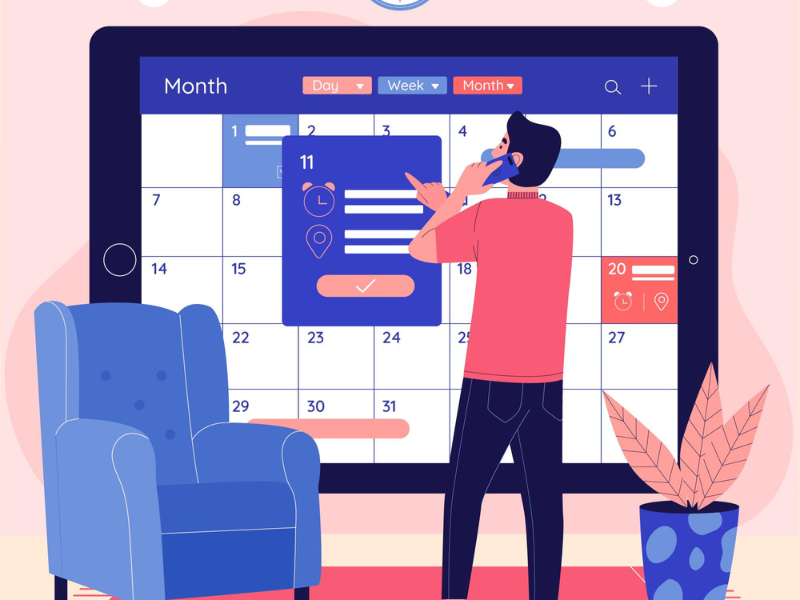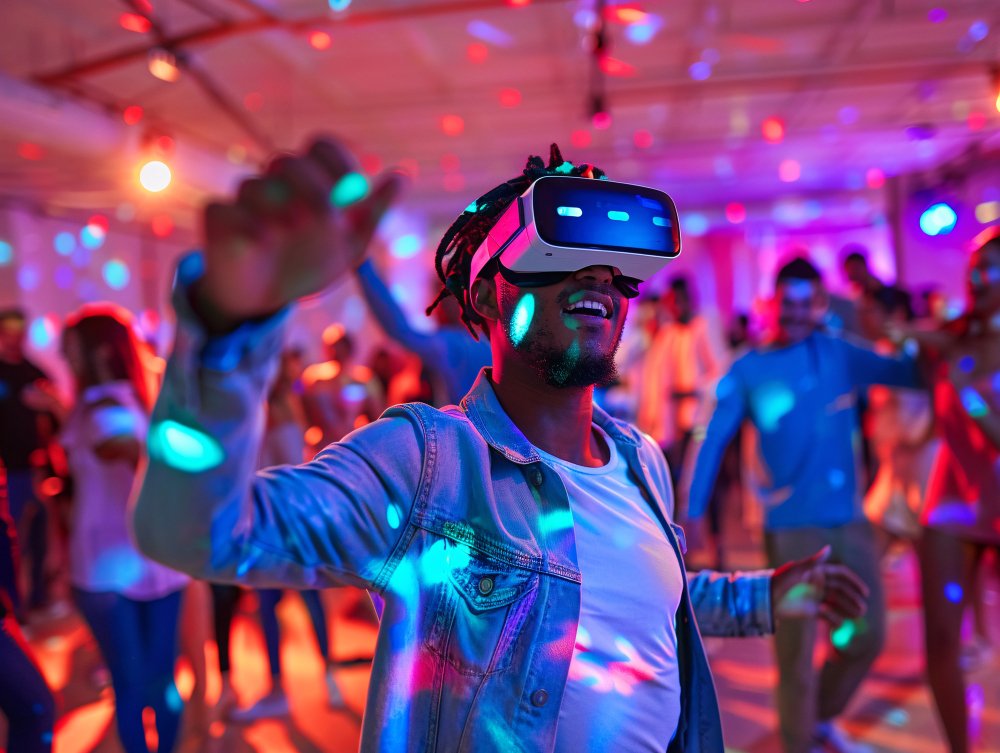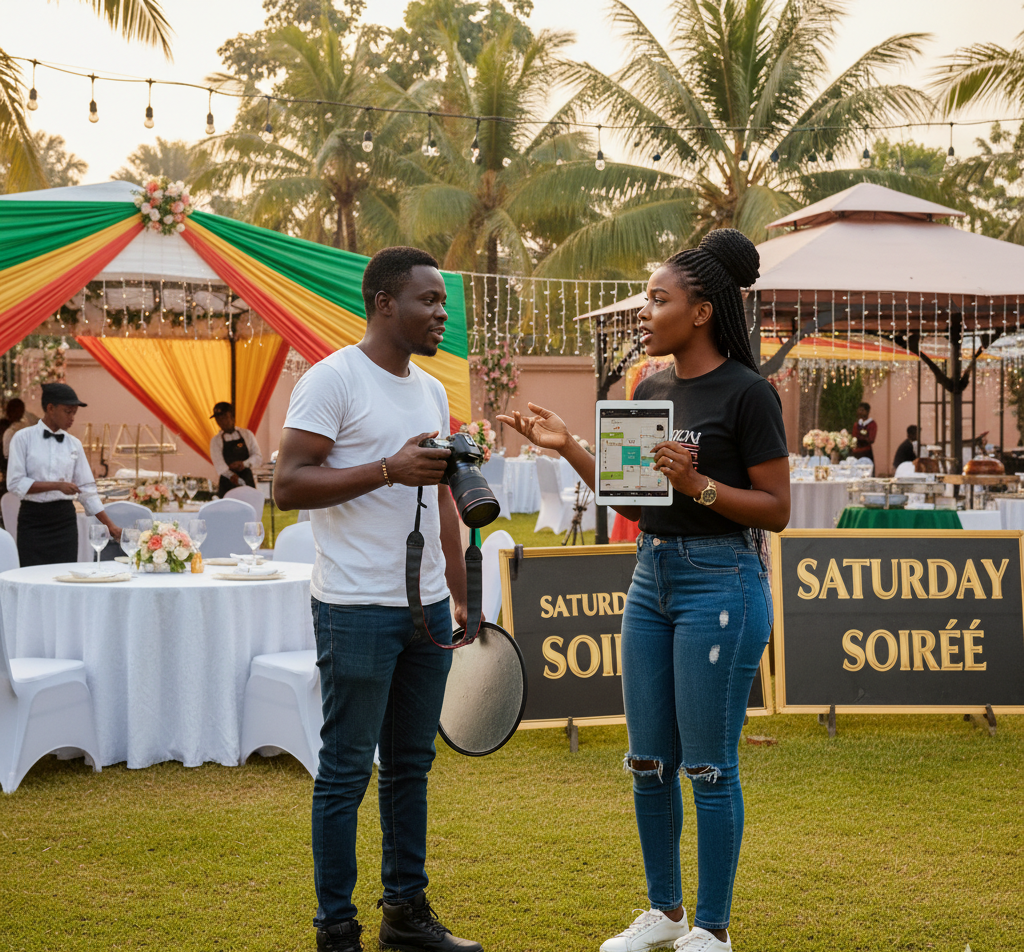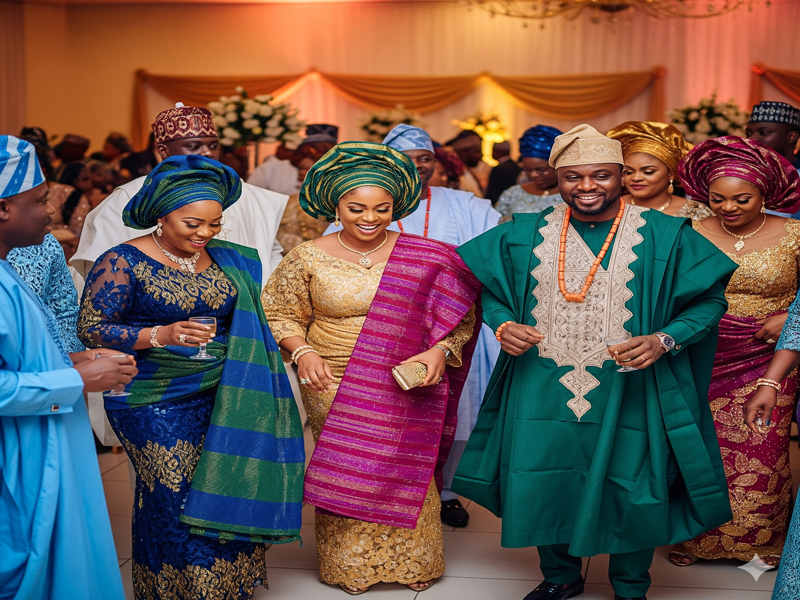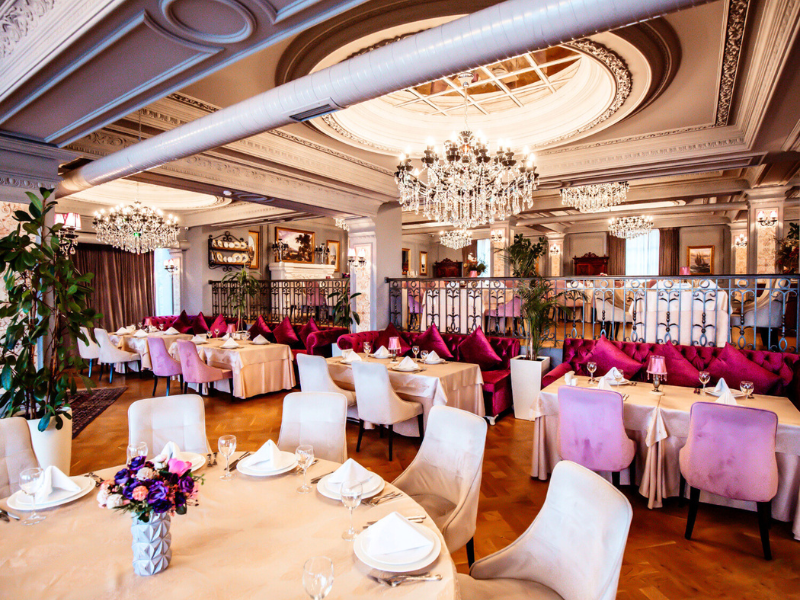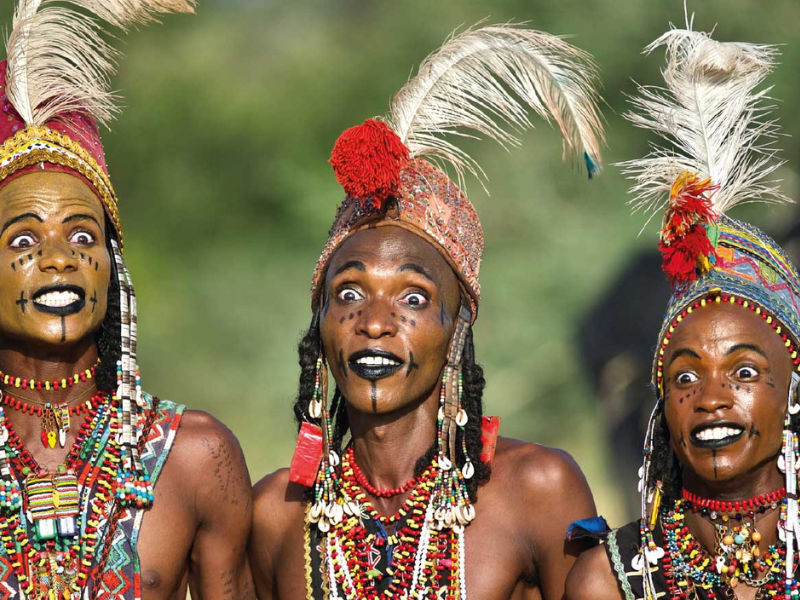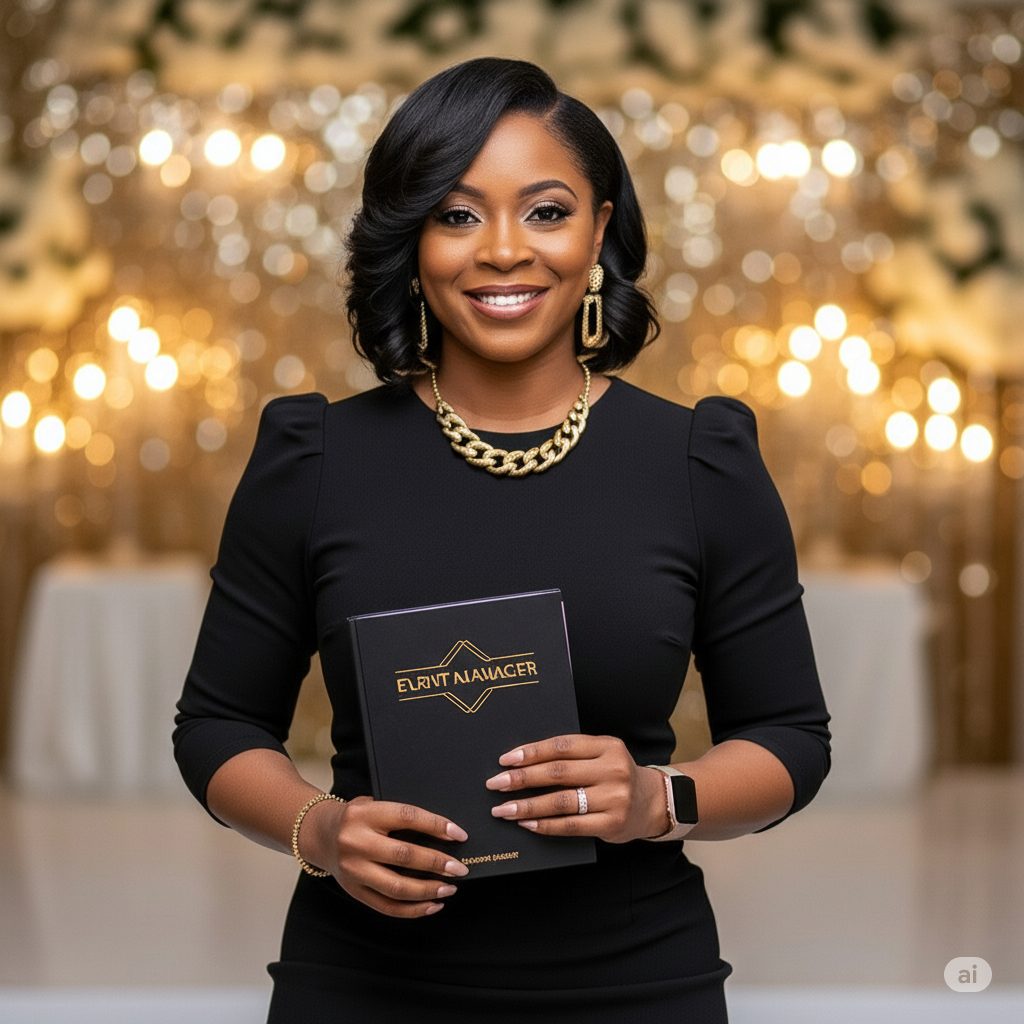The mark of a good event planner is mastering event scheduling. It may interest you to know that planning an event requires careful consideration of timing because it has a significant impact on attendees’ interest, participation, and overall experience.
The preferences and availability of the target audience are aligned by choosing the proper date and time. It can raise engagement levels, increase attendance rates, and ultimately help the event succeed.
Participation levels may be poor if an event is scheduled at inconvenient times or conflicts with other commitments. Differently, the sequence of events’ activities, such as sessions and break times, also influences energy levels and attention span.
Get ready, as this article will expose to you how you can master the art of picking the best date and times for your event to captivate the minds of your audiences and hold them spellbound till the end.
Understanding your target audience
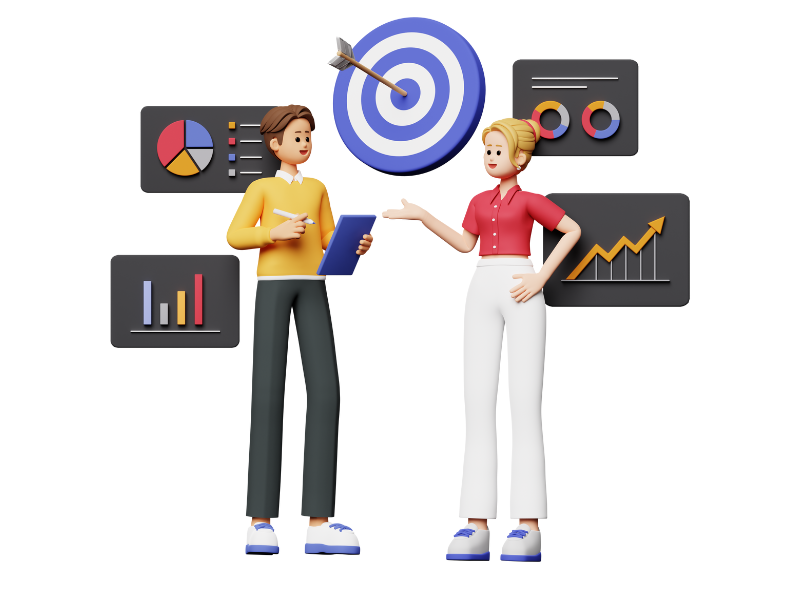
Mastering event scheduling involves knowing, in an in-depth manner, your target audience. Event professionals must do what it takes to know their audience because they are one of the most important elements to the success of any event. To know your audience in this context, you have to do some sort of audience analysis. It may involve researching their daily lives and behaviours to see how they spend their time, especially when they commute to work and back. Yes, it could be laborious but it is worth it.
Following this, when the event organizers can schedule the events’ date and time to align favourably with the audience’s patterns, there are increased chances of them attending the events and engaging in various exciting activities. For instance, imagine fixing a Premier League game on a Monday morning when people who are meant to be spectators and fans are commuting to work.
Factors to consider when choosing event dates
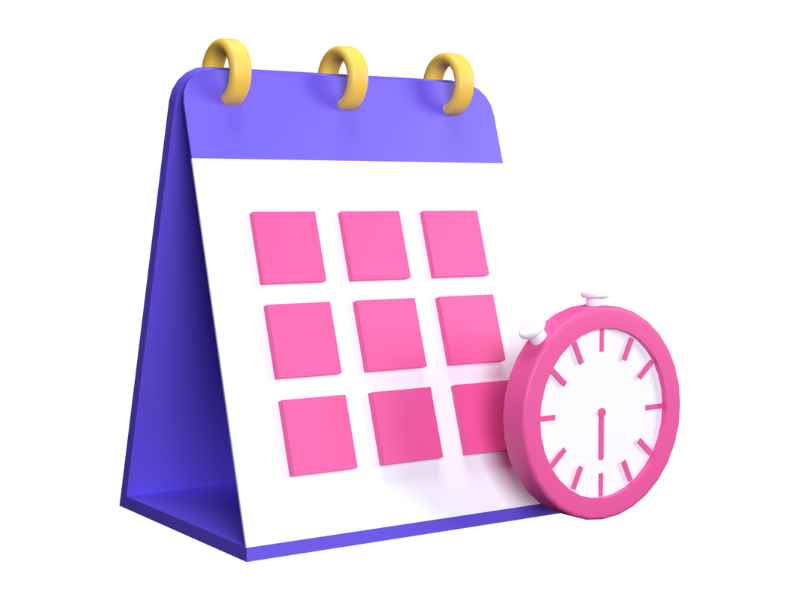
There are several factors that event professionals must consider when choosing dates; these factors may include seasonal considerations, holidays, cultural events, competing events, and weather conditions. The choice of season can have a significant impact on the event’s concept, logistics, and even participants’ behaviours. For example, winter-themed events held in the summer can make attendees feel uncomfortable and out of place.
More so, aligning your event with cultural events and certain holidays can add extra appeal and encourage attendance. For example, one can take advantage of the new yam cultural festival in the southeast of Nigeria by organizing a food festival. Weather conditions are also worth considering when choosing a date for organizing an outdoor event like a music concert during a rainy day Getting a good grasp of these factors can enhance the success of your event.
Preventing Clashes with Event Dates
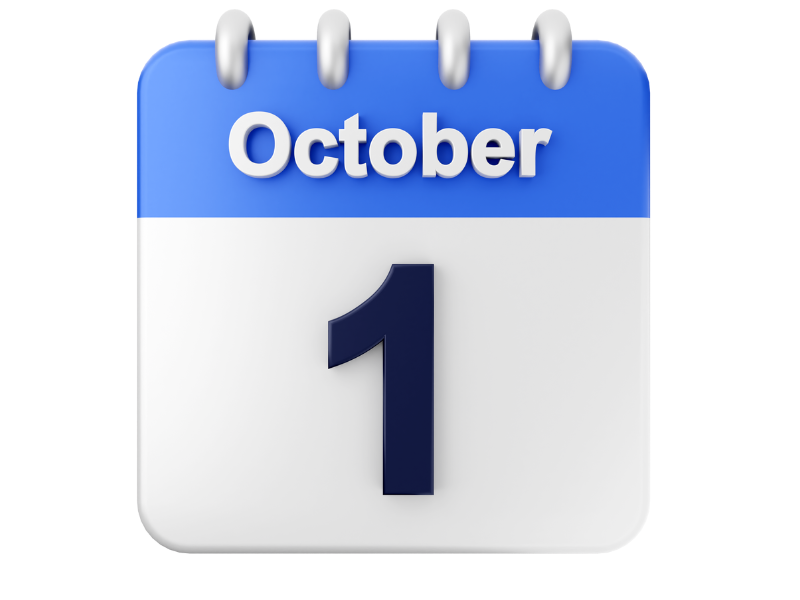
When proper diligence is not followed, it could result in date clashes, which could disrupt the event. Mastering event scheduling involves checking or identifying competing events—in other words, gatherings that are happening simultaneously with your intended event. It enables the event planner to make sure that their event will draw the required audience without competing with other events for attention.
Another crucial factor to consider in preventing clashes of events is to collaborate with industry professionals. The reason for this strategy is to look for organizations that may have common goals or visions with yours. By leveraging the resources and expertise of the partnership, the event professional opens up opportunities for networking and adding value to participants, making the event more appealing and successful. More importantly, it may reveal to you the organization that may likely organize any competing events.
Making use of data for decision-making on event scheduling

The insight obtained from analyzing historical data can help the event manager make informed decisions on dates and times suitable for an event; it can also help in choosing venues and event themes. Information that can help decide on the best dates and times can also be obtained through surveys and attendee feedback. Event organizers may organize a survey or a poll to gather the opinions of the attendees on preferable dates and times for an event. This source could be rich in useful data.
Additionally, tracking the emerging trends of your audience can also help you stay ahead of happenings in the industry and help predict future occurrences, which may go a long way in determining dates and times of events.
Conclusion
In conclusion, when these factors are considered efficiently, they can provide the event organizers with great opportunities to detect the best dates and times for their event and enhance attendance and the overall success of the event goal.

